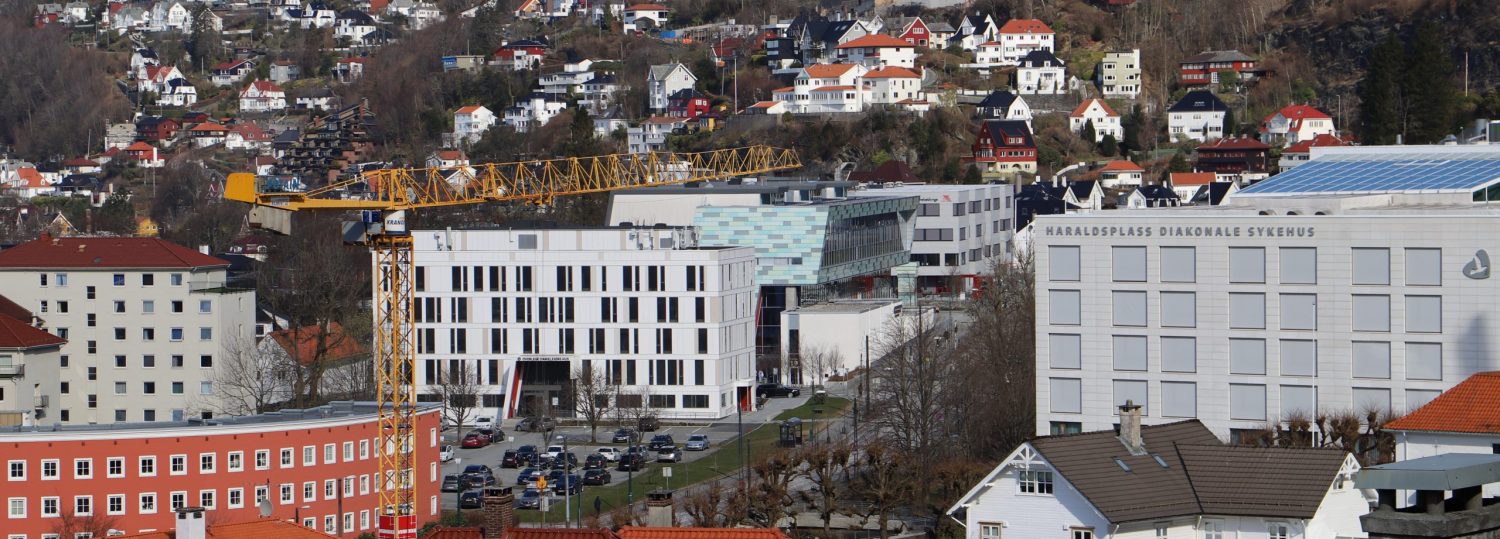The long awaited Global Health call from the research council is finally announced. If you plan to apply, please observer the administrative routines: https://www.uib.no/igs/97688/s%C3%B8knadsprosesser-ved-igs
NOK 50 million for research on global health
https://www.forskningsradet.no/en/call-for-proposals/2021/researcher-project-for-scientific-renewal/#sub50980
Funding is available for projects that contribute to sustainable health improvements for disadvantaged populations in low- and lower-middle income countries (LLMICs). The research must be relevant to Sustainable Development goal 3 «Good health for all» and its targets.
Proposals must demonstrate their potential to
- contribute, directly or indirectly, to substantial reductions in disease burden in LLMICs;
- promote health equity in LLMICs, and
- produce higher-level insights of relevance to policy and practice beyond the specific setting and context where studies are carried out.
Further description of these points is outlined in Section 2.1. in the document on New Priorities on Global Health, see «Relevant plans» below.
Low- and lower-middle income countries are understood here to mean “least developed countries, other low-income countries, and lower middle-income countries and territories.” as defined in the OECD List of DAC Recipients.
Projects eligible for funding can address all thematic areas covered by SDG3 and all its targets. However, due to its significant potential to advance sustainable and equitable health improvements in LLMICs implementation research proposals will be given certain priority, see below.
Implementation research is defined broadly and includes research on interventions with proven efficacy as well as programmes and policies with the potential to substantially reduce disease burden and promote health equity. See definition on Section 3.3 in the document on New Priorities on Global Health.
Research proposals must include research groups and research organisations in LLMICs as collaborating partners. Research organisations in high-income and upper middle-income countries may also serve as partners in the project, but may receive a maximum of 30 per cent of the Research Council’s total funding for the project.
The attachment «Relevance to the topic» must provide a concrete and clear answer to how the project will fulfil the following requirements for Equitable partnerships:
- Equitable sharing of funds and institutional costs with partner institutions in LLMICs.
- Plans for equitable sharing of credits, e.g. scientific analysis, authorship, intellectual property rights and dissemination.
- Include concrete plans for how the project will contribute to strengthening both individual and institutional capacity in the collaborating institutions in LLMICs,
- Demonstrate co-leadership of the proposed scientific agenda with investigators from LLMIC institutions.
Further description of these points is outlined in Section 3.6. in the document on New Priorities on Global Health.
To be relevant the proposal must also describe: the degree of user involvement, gender equality and innovation as defined in the document on New Priorities on Global Health.
When awarding marks for the relevance criterion, we consider how well the application addresses all the points above. The attachment ‘Relevance to the topic’ is mandatory if you select this topic. The template can be found at the end of the call.
Assuming all factors relating to the points above are essentially equal, priority will be given to projects:
- with implementation research
- with the highest mark awarded for the criterion Impact
- with at least one Norwegian partner in addition to the applicant institution
- that include a doctoral and/or post-doctoral research fellowship position at a Norwegian research organisation and/or at an institution in a developing country
